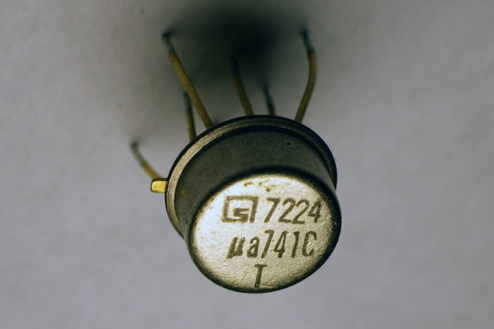Richard Wagner comes to mind.
I see Wagner essentially as the constructor of modernity in music. His importance can hardly be overrated. When it's about opera, there's a time before and after Wagner. He's the watershed between old and modern. I'm not saying we can no longer enjoy Mozart's Magic Flute, but that opera is a thing of the past now. Old music from days long gone. What artist other than Wagner can claim that?
Wagner's personality was flawed, however, and some strains thereof are outright despicable. Whether or not his anti-semitism has influenced some characters in his operatic work (Mime, Beckmesser) is still a matter of debate. Does his anti-Semitism cast a shadow on his work?
On a related note, can we separate science from the scientist? Will Isaac Newton's personality be of importance when we talk about planetary motion or angular momentum conservation? I think most people would agree that Newton's inner demons (of which he had some) are irrelevant when it's about his scientific achievements.
However, if we can separate science and the scientist, why is it so much more difficult to separate art and artist?
Sorry I have no answers, just more questions. Anyway, the notion that "This artist must be a great human being because his art is wonderful" is just plain wrong.





